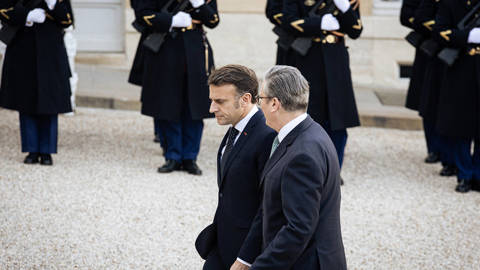La Condition Française
Thank you , this is so kind!
Brigitte Granville, Professor of International Economics and Economic Policy at Queen Mary University of London, is the author of Remembering Inflation (Princeton University Press, 2013) and What Ails France? (McGill-Queen’s University Press, 2021).

Jun 20, 2024 Brigitte Granville thinks political stalemate is a greater threat to European stability than a far-right government.
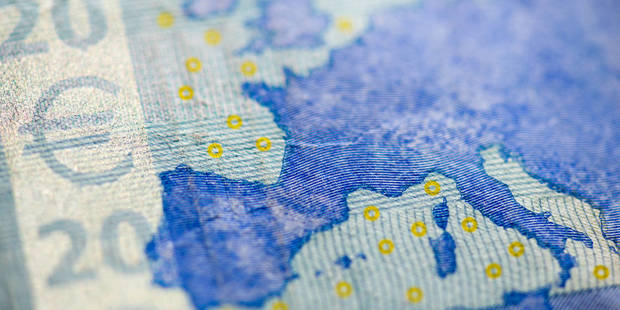
Dec 12, 2023 Brigitte Granville warns that failure to agree on new fiscal rules this month will have significant consequences.

Jun 16, 2023 Brigitte Granville surveys recent proposals for making relief and restructuring compatible with other development objectives.
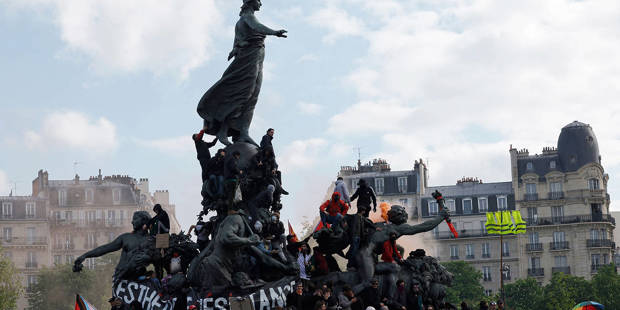
May 3, 2023 Brigitte Granville considers what the violent May Day clashes between protesters and police reveal about the Fifth Republic.

Nov 11, 2022 Brigitte Granville considers the history of the “economic weapon” and whether it is as effective as many assume.



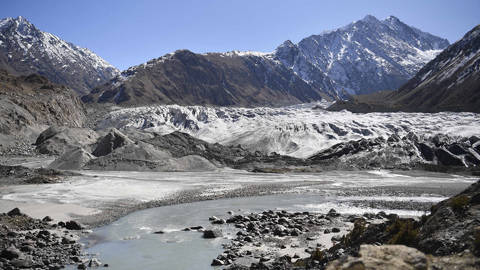
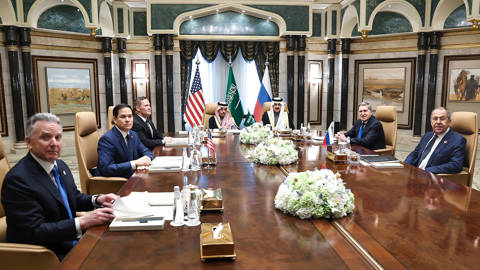
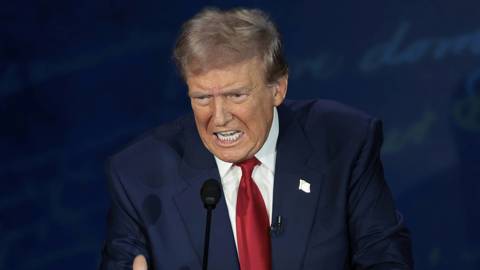
Within his first month back in the White House, Donald Trump has upended US foreign policy and launched an all-out assault on the country’s constitutional order. With US institutions bowing or buckling as the administration takes executive power to unprecedented extremes, the establishment of an authoritarian regime cannot be ruled out.


